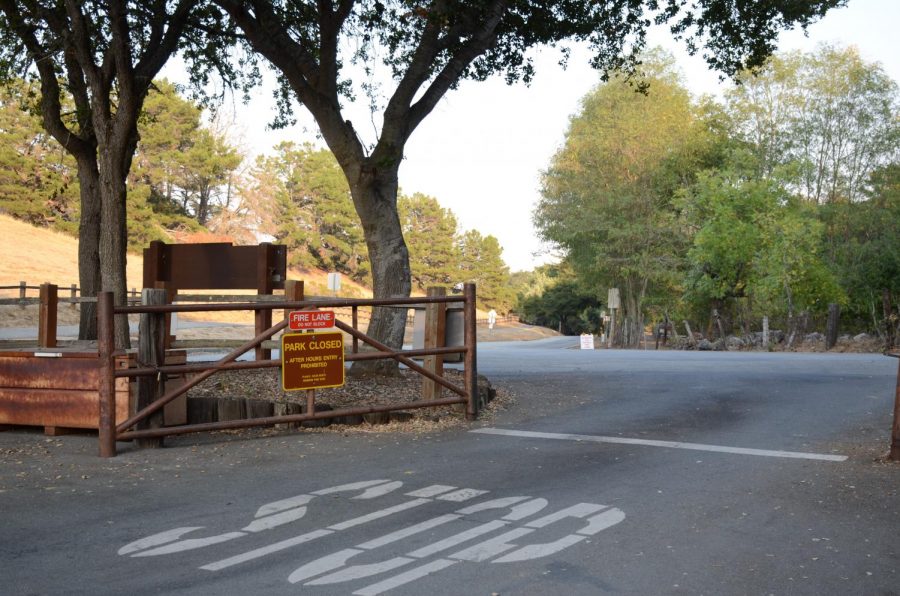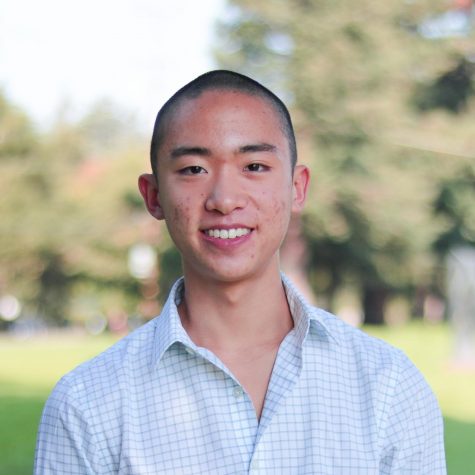Palo Alto to open Foothills Park to non-residents
The Palo Alto City Council voted to open Foothills Park to non-residents.
In a 5–2 vote last night, the Palo Alto City Council passed an ordinance opening Foothills Park to non-residents. The decision follows a staff recommendation created in response to a lawsuit filed by the American Civil Liberties Union of Northern California (ACLUNC) on Tuesday, September 15.
In addition to opening the park to all, the ordinance will limit capacity to 750 visitors at a time for the first 90 days, otherwise keeping the current maximum of 1,000 visitors. Residents will be given priority to all park reservations. City staff was directed to present proposals for a potential entrance fee, changes to capacity and details of park management and environmental studies.
The Council previously approved a pilot program in August, set to begin sometime this fall or winter, which would have allowed non-residents to enter the park for an entry fee.
At last night’s meeting, concerns were raised over the timing of the ordinance and public resistance to expanding access. Jeff Greenfield, the chair of the Parks and Recreation Committee (PRC) speaking during public comment, expressed frustration that the lawsuit had made the process of opening Foothills less transparent.
“Foothills should and will be open to everyone,” he said. “Unfortunately, the current timing couldn’t be worse. With the backdrop of the unprecedented financial crisis, overloaded City staff and a global pandemic, this is a tough time. If there is an alternative and we can find a path to proceed in a more thoughtful manner, please pursue it.”
Council Members Tanaka and Kou, who cast the dissenting votes, emphasized that the polls they conducted had shown that a majority of Palo Alto residents opposed opening the park.
Several Council members also had qualms about the permanent court injunction agreement in the staff recommendation, which would bind any future Council to the ordinance. City Attorney Molly Stump emphasized that tonight’s vote was not the Council’s final action, and the City’s final settlement would be available to the public before the Council’s second reading.
“This lawsuit is a bully maneuver, and I feel that it is unfortunate that the National Association for the Advancement of Colored People [NAACP] is using their name to conduct this frivolous lawsuit,” Kou said. “It discredits them and jeopardizes their reputation.”
Following the Council’s second reading on Monday, November 16, the ordinance will be effective on Thursday, December 17.






Aucensio | Nov 9, 2020 at 8:44 pm
Todos los parques deberían estar abiertos para todas las personas sin importar si son residentes de Palo Alto o no.
Los que deberian pagar para entrar al parque, seria la gente que vive en Palo alto, ya que ellos son los que van a entrar mas al parque.